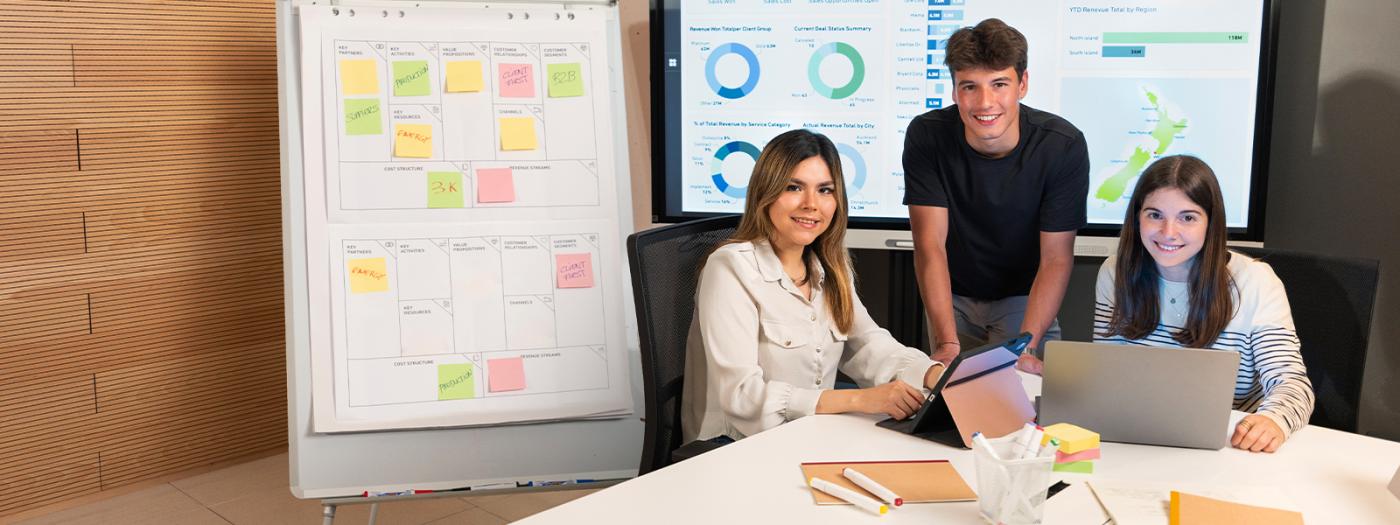Titular Professors
Professors
Understand the concepts creativity, invention, imagination, and innovation
- Understand the main tolls used for creative problem solving
- Be familiar with design thinking and its application to problem solving
- Understand various types of innovation including
- User innovation and lead user research
- Disruptive innovation
- Open innovation
- Blue Ocean
- Platforms and Ecosystems
- Innovation Adoption and Diffusion
- Understand the practical implications for bringing innovations to market
- Be familiar with concepts related to innovation adoption and diffusion
- Understand concepts related to idea generation and evaluation
1. Introduction
2. What Users Want, The Paradox of Choice
3. Innovation Myths and Concepts, Creating High Performance Teams
4. Open Innovation, Disruptive Innovation and Blue Ocean
5. User Innovation and Introduction to Topic Presentations, Innovation Culture
6. Platforms and Ecosystems, Innovation Adoption and Diffusion and Strategic Roadmaps
Mid-term - Topic Presentations
7. The Creative Brain, How to push to connect new ideas
8. Exploring ideas with Mind Maps
9. Homework A + B = C Metaphor
10. Exploring ideas with morphological analysis
11. Managing the creative process
Final Presentations - Creative Talk
The course sessions will combine lectures, discussions, cases, videos, student presentations, and exercises. Students are expected to participate actively in class discussion and to prepare the required reading and assignments prior to class.
1. Class Attendance and Participation (25%)
2. Innovation Case Studies (25%)
3. Topic Presentations (25%)
4. Creative Talk (25%)
